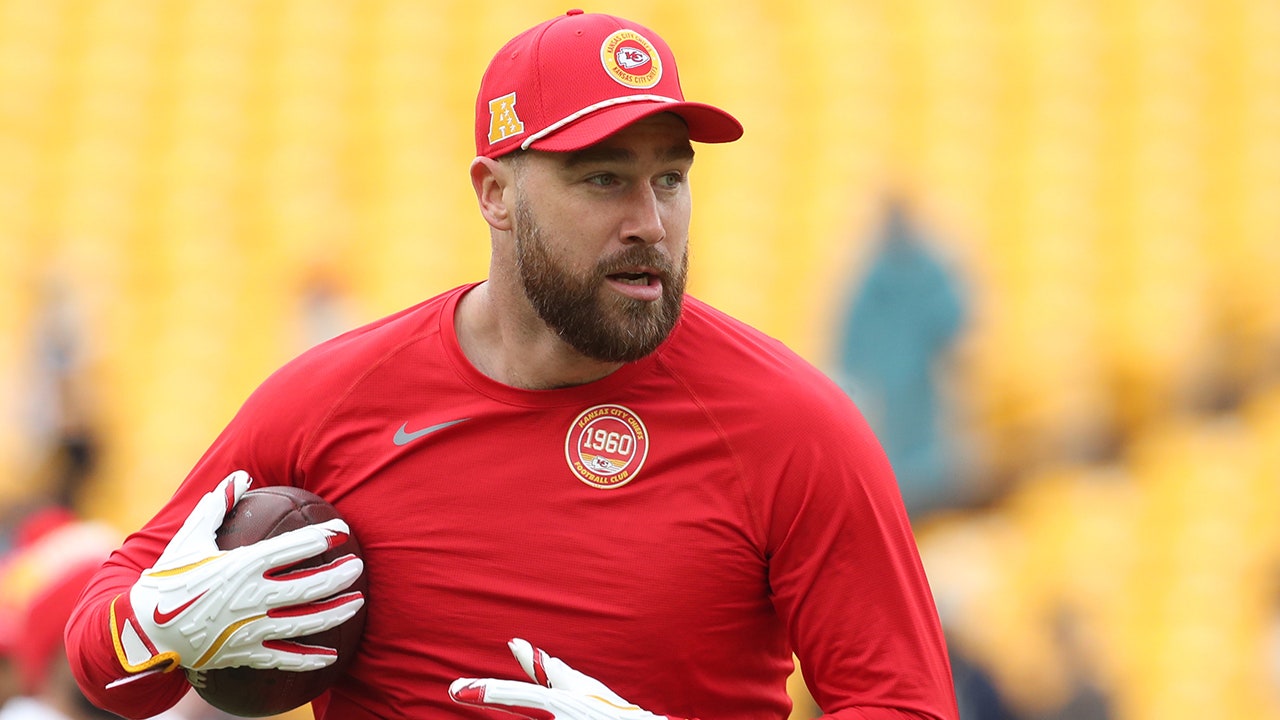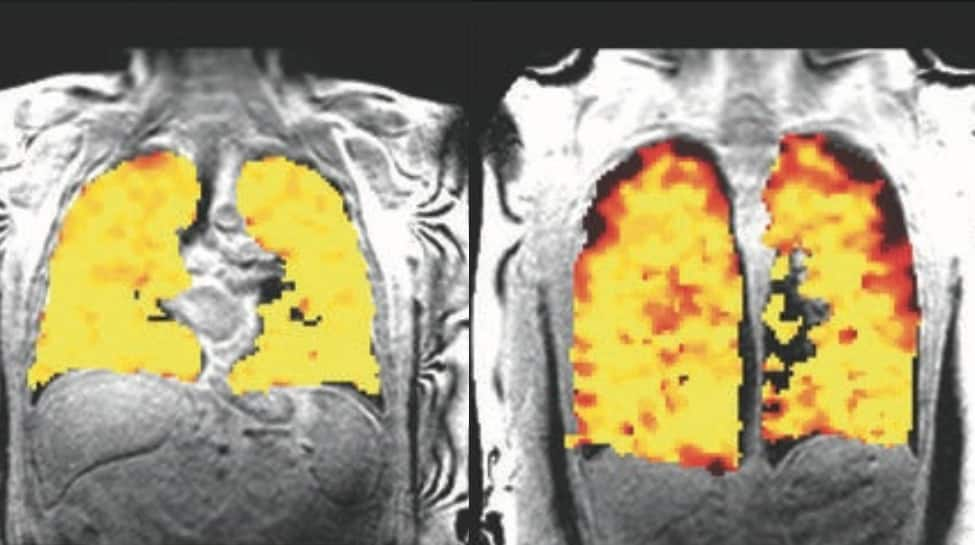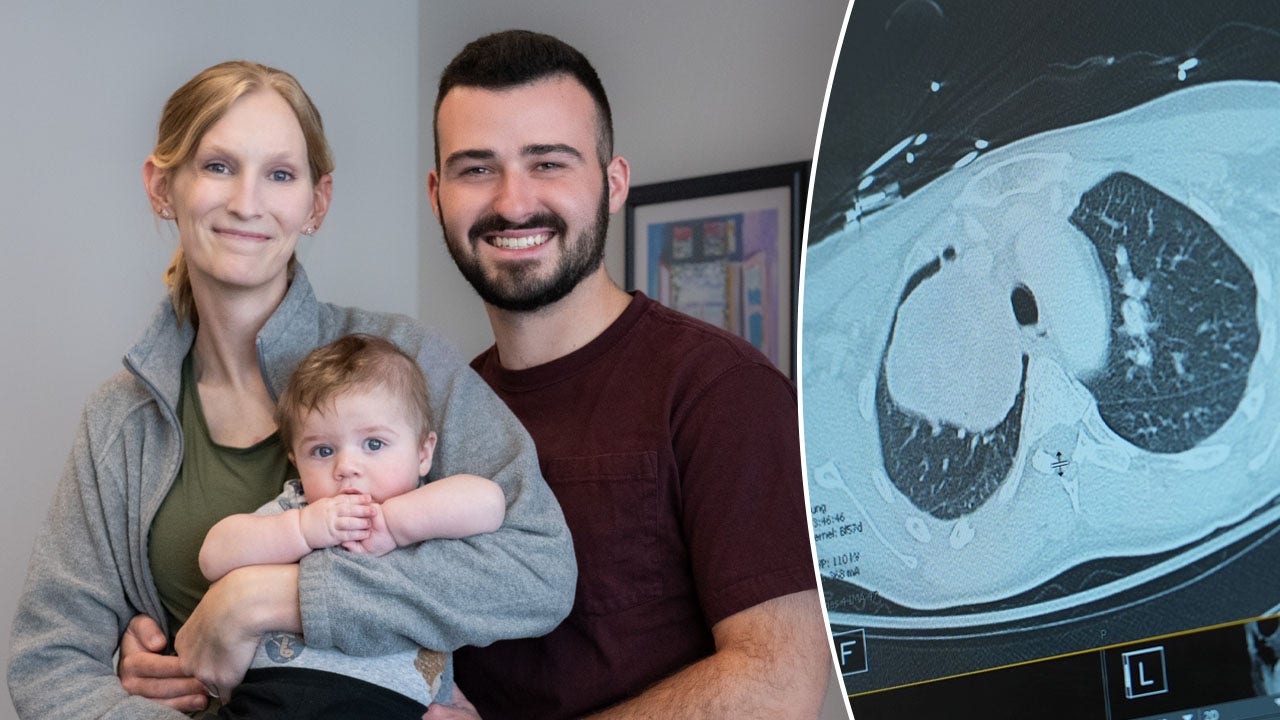Children’s heart health is crucial for their overall well-being. Regular physical activity and a balanced diet play key roles in maintaining a healthy heart. It’s important to encourage kids to stay active, limit screen time, and eat nutritious foods to prevent heart problems later in life. Regular check-ups are also essential.
According to Dr Deepak Thakur, Consultant Pediatric Cardiology, Paras Health Gurugram, “Congenital heart disease (CHD) refers to structural or functional abnormalities of the heart that are present at birth. It is a common condition that affects around 8 to 10 out of 1000 live births worldwide. Depending on the kind and extent of the problem, newborns with congenital heart disease (CHD) may show a variety of symptoms.”
7 Signs New Parents Might Watch Out For In Their Newborn Baby
The following are important signs that parents should watch out for in their kids as shared by Dr Deepak:
• Cyanosis: A bluish tint to the skin, lips, or nail beds, cyanosis is one of the most notable indicators of congenital cardiac disease. This happens when the blood’s oxygen content is low, which suggests that the heart isn’t pumping oxygen-rich blood to the body efficiently. When a person is sobbing or eating, cyanosis may be more apparent.
• Shortness of Breath or Rapid Breathing: Children with congenital heart disease may breathe quickly, particularly when eating or engaging in activities. Breathing problems or persistent dyspnea may indicate insufficient oxygen delivery to the body.
• Fatigue and Weakness: Children with congenital heart disease may tire easily and exhibit signs of fatigue or weakness, even with minimal physical activity.
• Excessive Sweating: Congenital heart disease may be indicated by excessive sweating, particularly after feeding or physical activity. The body may sweat more to compensate for the heart’s reduced ability to pump blood.
• Poor Growth and Feeding: Infants with congenital cardiac disease may have trouble feeding, which can result in inadequate growth and weight gain. This is explained by the fact that their heart’s compromised function makes it harder for them to breathe and consume.
• Children who have congenital heart disease are more likely to experience respiratory infections or persistent cough. A history of respiratory infections, wheezing, or a chronic cough could be signs of an underlying heart condition.
• Swelling (Edoema): Fluid retention can cause swelling in the face, legs, abdomen, or other regions of the body. Any inexplicable swelling should be closely monitored by parents, as it may indicate heart failure or other cardiac issues.
Congenital Heart Disease: Diagnosis and Early Detection
A doctor may find a heart murmur—an irregular sound brought on by turbulent blood flow through the heart—during a medical examination. This could suggest that a congenital heart problem exists and prompt further diagnostic testing.
To confirm a diagnosis of CHD, various examinations may be suggested, including simple non invasive and painless tests like echocardiography, chest X-ray, and electrocardiography (ECG). These assessments are crucial for assessing the heart’s structure and function, pinpointing any irregularities. In certain instances, supplementary tests like CT scans, MRI scans, and cardiac catheterization may be required to enhance the diagnosis and prepare a treatment strategy.
A specialised ultrasound examination called foetal echocardiogram can be done between weeks 16 and 24 of pregnancy to assess the anatomy and function of the developing baby’s heart. This early detection allows doctors to plan for appropriate management and treatment after birth, which can significantly improve outcomes for affected infants.














































